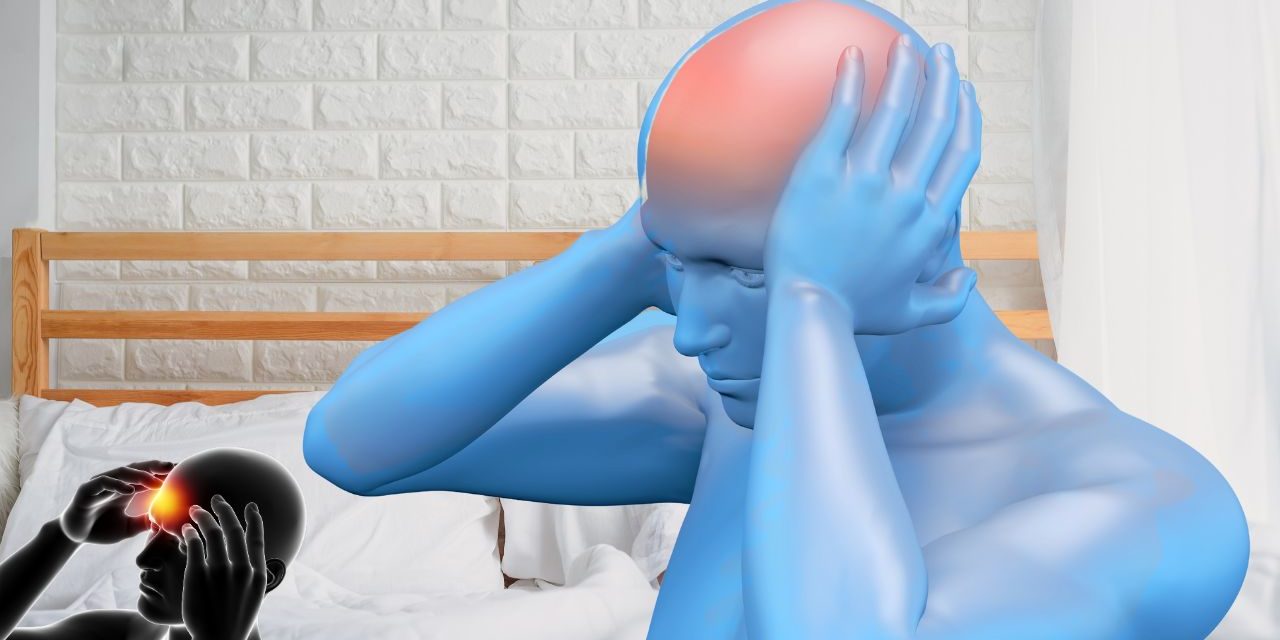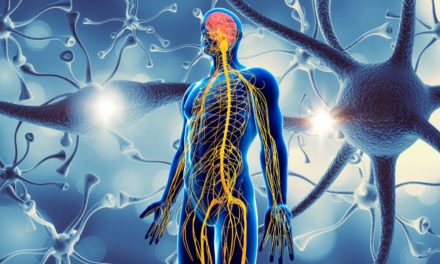Introduction
Headaches are one of the most common medical complaints experienced by people of all ages. They can range from mild discomfort to severe pain, impacting an individual’s daily life and well-being. Headaches have various causes and can be classified into different types. In this article, we will provide a comprehensive overview of headaches, including their types, potential causes, impact on individuals, and available treatment approaches. By fostering awareness and knowledge, we aim to support those affected by headaches and promote effective management for improved quality of life.
Understanding Headaches
Headaches are characterized by pain or discomfort in the head or neck region. They can vary in intensity, duration, and location and can be classified into primary and secondary headaches.
Types of Headaches
- Primary Headaches: Primary headaches are standalone conditions not caused by underlying medical issues. Common types include tension-type headaches and migraines.
- Secondary Headaches: Secondary headaches result from underlying medical conditions, such as sinus infections, head injuries, or high blood pressure.
Potential Causes of Headaches
- Tension and Stress: Tension-type headaches can be triggered by stress, anxiety, or muscle tension.
- Migraine Triggers: Migraine headaches may be triggered by certain foods, hormonal changes, weather changes, or sensory stimuli.
- Sinusitis and Allergies: Sinus infections and allergies can lead to headaches due to inflammation and pressure in the sinuses.
- Medication Overuse: Overuse of pain-relief medications can lead to rebound headaches.
- Concussions or Head Injuries: Head trauma can cause headaches, especially if there is damage to the brain.
Impact on Individuals
Headaches can significantly impact an individual’s ability to concentrate, work, and enjoy daily activities. Chronic headaches may lead to emotional distress and reduced quality of life.
Seeking Professional Help
If headaches are frequent, severe, or interfering with daily life, seeking medical evaluation from a healthcare professional is crucial to determine the underlying cause and appropriate treatment.
Treatment Approaches for Headaches
- Over-the-Counter Medications: Over-the-counter pain relievers, such as acetaminophen, ibuprofen, or aspirin, can help manage mild headaches.
- Prescription Medications: For severe headaches, healthcare professionals may prescribe specific medications, including triptans for migraines.
- Lifestyle Modifications: Adopting a healthy lifestyle, managing stress, and getting adequate rest can help prevent headaches.
- Trigger Management: Identifying and avoiding headache triggers can reduce the frequency and severity of headaches.
- Biofeedback and Relaxation Techniques: Biofeedback and relaxation exercises can help manage tension-type headaches.
- Complementary Therapies: Some individuals find relief from headaches through complementary therapies, such as acupuncture or chiropractic care.
Coping Strategies and Self-Care
Coping with headaches involves adopting self-care strategies, such as staying hydrated, getting regular exercise, and managing stress. Keeping a headache diary to track triggers and patterns can also be helpful.
Result
Headaches are a common medical concern experienced by people worldwide. By recognizing the types, potential causes, and treatment approaches for headaches, individuals can seek prompt medical attention and appropriate management. Treatment options range from over-the-counter medications to lifestyle modifications and relaxation techniques. It is essential to prioritize awareness and foster empathy for those experiencing headaches, as this medical condition can significantly impact daily life and emotional well-being. Together, let us create a supportive environment where individuals affected by headaches can find the help they need to manage this common health challenge and lead a pain-free and fulfilling life.










